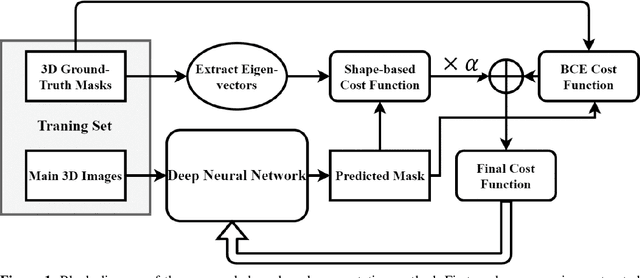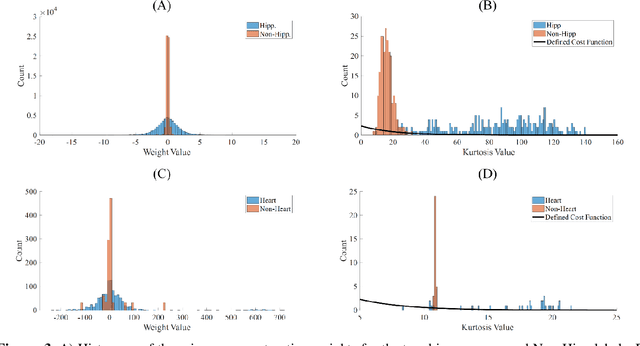Reza Karimzadeh
CARMA: Collocation-Aware Resource Manager with GPU Memory Estimator
Aug 26, 2025Abstract:Studies conducted on enterprise-scale infrastructure have shown that GPUs -- the core computational resource for deep learning (DL) training -- are often significantly underutilized. DL task collocation on GPUs is an opportunity to address this challenge. However, it may result in (1) out-of-memory crashes for the subsequently arriving task and (2) slowdowns for all tasks sharing the GPU due to resource interference. The former challenge poses a threat to robustness, while the latter affects the quality of service and energy efficiency. We propose CARMA, a server-scale task-level collocation-aware resource management system that handles both collocation challenges. CARMA encompasses GPUMemNet, a novel ML-based GPU memory estimator framework for DL training tasks, to minimize out-of-memory errors and introduces collocation policies that cap GPU utilization to minimize interference. Furthermore, CARMA introduces a recovery method to ensure robust restart of tasks that crash. Our evaluation on traces modeled after real-world DL training task traces shows that CARMA increases the GPU utilization over time by 39.3\%, decreases the end-to-end execution time by $\sim$26.7\%, and reduces the GPU energy use by $\sim$14.2\%.
A novel shape-based loss function for machine learning-based seminal organ segmentation in medical imaging
Mar 07, 2022



Abstract:Automated medical image segmentation is an essential task to aid/speed up diagnosis and treatment procedures in clinical practices. Deep convolutional neural networks have exhibited promising performance in accurate and automatic seminal segmentation. For segmentation tasks, these methods normally rely on minimizing a cost/loss function that is designed to maximize the overlap between the estimated target and the ground-truth mask delineated by the experts. A simple loss function based on the degrees of overlap (i.e., Dice metric) would not take into account the underlying shape and morphology of the target subject, as well as its realistic/natural variations; therefore, suboptimal segmentation results would be observed in the form of islands of voxels, holes, and unrealistic shapes or deformations. In this light, many studies have been conducted to refine/post-process the segmentation outcome and consider an initial guess as prior knowledge to avoid outliers and/or unrealistic estimations. In this study, a novel shape-based cost function is proposed which encourages/constrains the network to learn/capture the underlying shape features in order to generate a valid/realistic estimation of the target structure. To this end, the Principal Component Analysis (PCA) was performed on a vectorized training dataset to extract eigenvalues and eigenvectors of the target subjects. The key idea was to use the reconstruction weights to discriminate valid outcomes from outliers/erroneous estimations.
 Add to Chrome
Add to Chrome Add to Firefox
Add to Firefox Add to Edge
Add to Edge